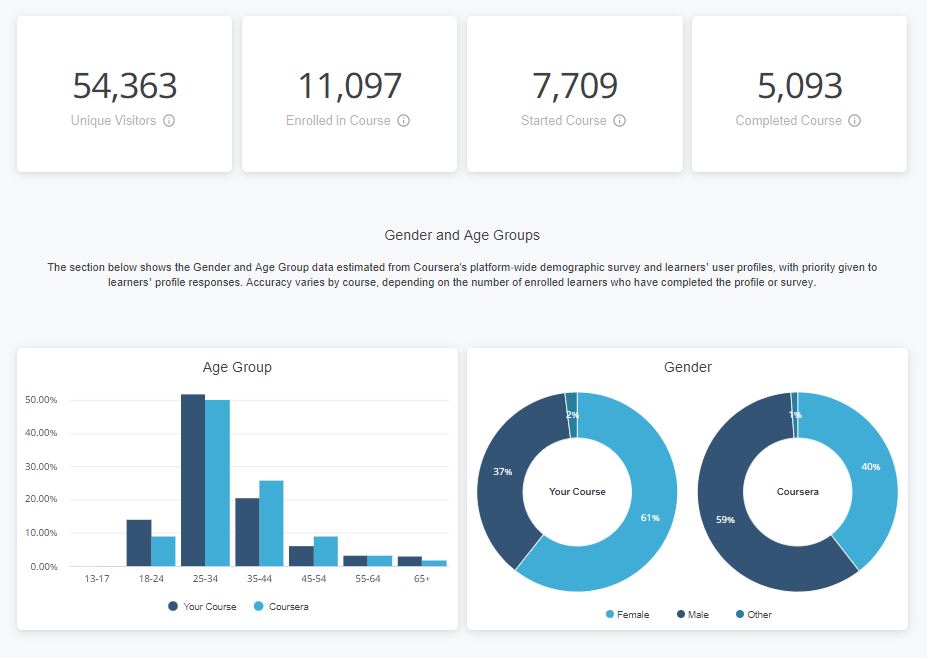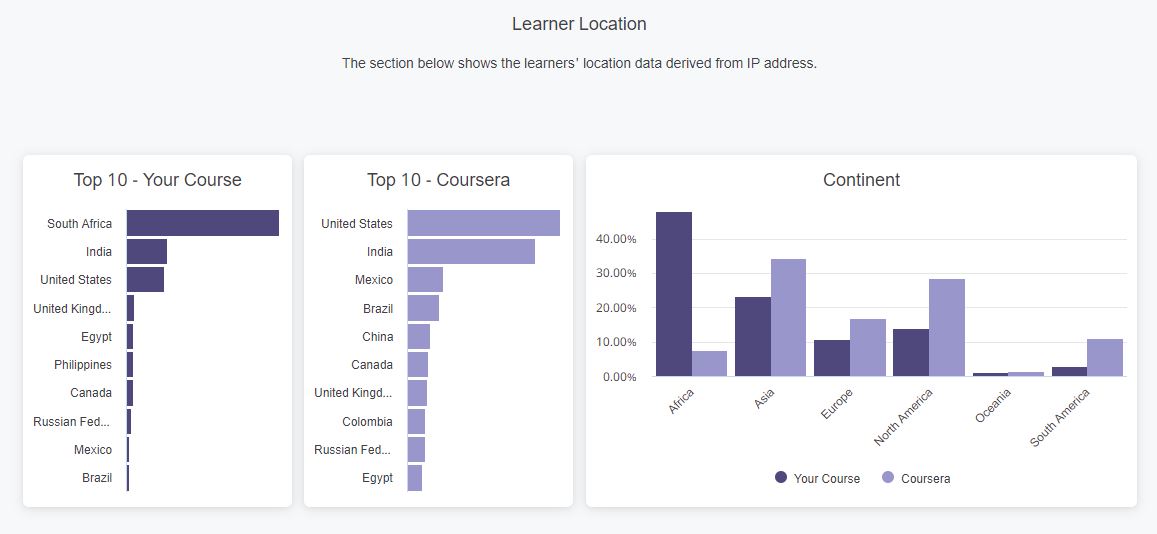A 6 year report on using a massive open online course to teach deceased organ donation
David Thomson1, Martin Brand5, Loredana Bocchino4, Timothy Hardcastle3, Kiera Noel2.
1Department of Surgery, University of Cape Town, Cape Town, South Africa; 2Department of Surgery, University of the Free State, Bloemfontein, South Africa; 3Department of Surgery, University of Kwa-Zulu Natal, Durban, South Africa; 4Department of Medicine, University of the Witwatersand, Johannesburg, South Africa; 5Department of Surgery, University of Pretoria, Pretoria, South Africa
Background: Developing countries have insufficient resources to educate health professionals in the skills to identify and support potential donors and their families. Massive Open Online Courses (MOOCs) offer a method of teaching medical professionals and the public on a large scale about best practices in deceased organ donation. This course focused on the science behind organ donation, the ethics and the practicalities of the donation process.
Objectives: This study described the uptake, course progression, demographics and reviews of students of a MOOC on organ donation offered by an African university via a global platform.
Methods: Retrospective descriptive analysis was undertaken of participant survey, course completion and learner feedback data collected from all participants over the monthly 4-week course; “Organ Donation: From Death to Life” offered from July 2017 to May 2023.
Results: Of 54,363 unique views on the signup page 11,097 participants enrolled and 7,709 started the course. The largest number of participants were from South Africa 43.6%, followed by India 11.7% and the United States 10.7%. Most students were younger than 34 years (62.2%) and women (61%). Of participants only (34.9%) reported being employed full time at the time of enrolment. A total of 5093 participants (45.9%) completed the course. Of the 812 ratings received, an average rating of 4.8 out of 5 was received. Of 31 learner stories all but one was positive about the course.


Conclusion: Organ donor education projects using massive open online learning platforms offer an effective means to reach a potentially large and diverse audience. The course had an acceptable completion rate but marketing support is required.
Take home message: MOOCs offer an effective means to reach a broad and diverse audience. Reviews of a culturally sensitive topic dealt with in a scientific manner highlighting evidence-based practice and clinical guidelines are overwhelmingly positive. Consumption of this MOOC extends beyond working medical professionals and students. The enrolment and completion rates on this course was above the expected rate for MOOCs during the study period highlighting the desire for people to learn more about organ donation on the medical level. Content generated in Africa is consumed more by an African audience therefore it is important that we generate our own African content.
Lectures by David Thomson
| When | Session | Talk Title | Room |
|---|---|---|---|
|
Fri-20 07:30 - 08:30 |
Global Cooperation projects to enhance organ donation (Part 1) | Perspective from South Africa (process report since 2019) | Jasmine A |
|
Fri-20 11:10 - 12:40 |
Critical Donor Evaluation | A 6 year report on using a massive open online course to teach deceased organ donation | Banyan ABCD |
